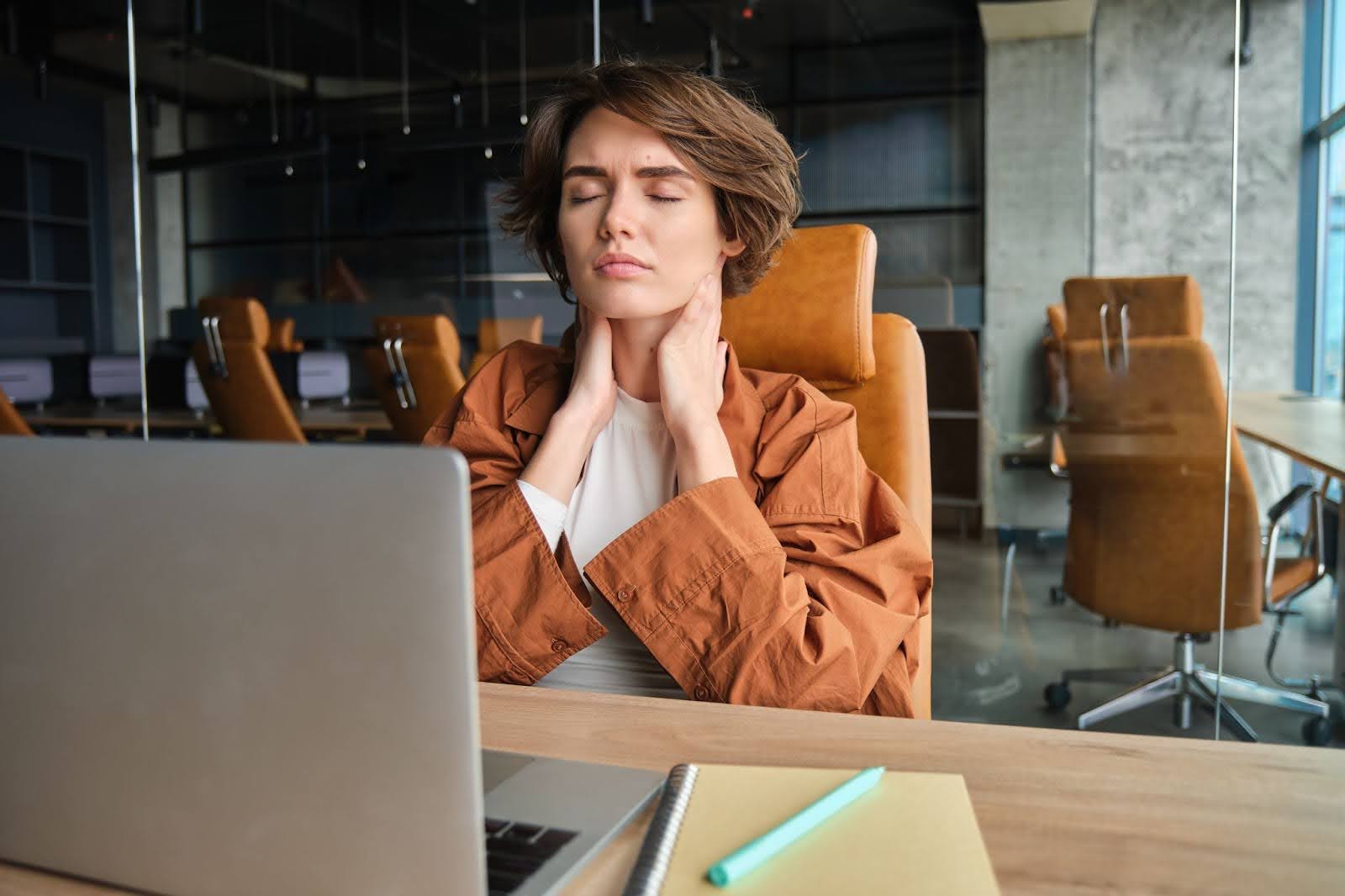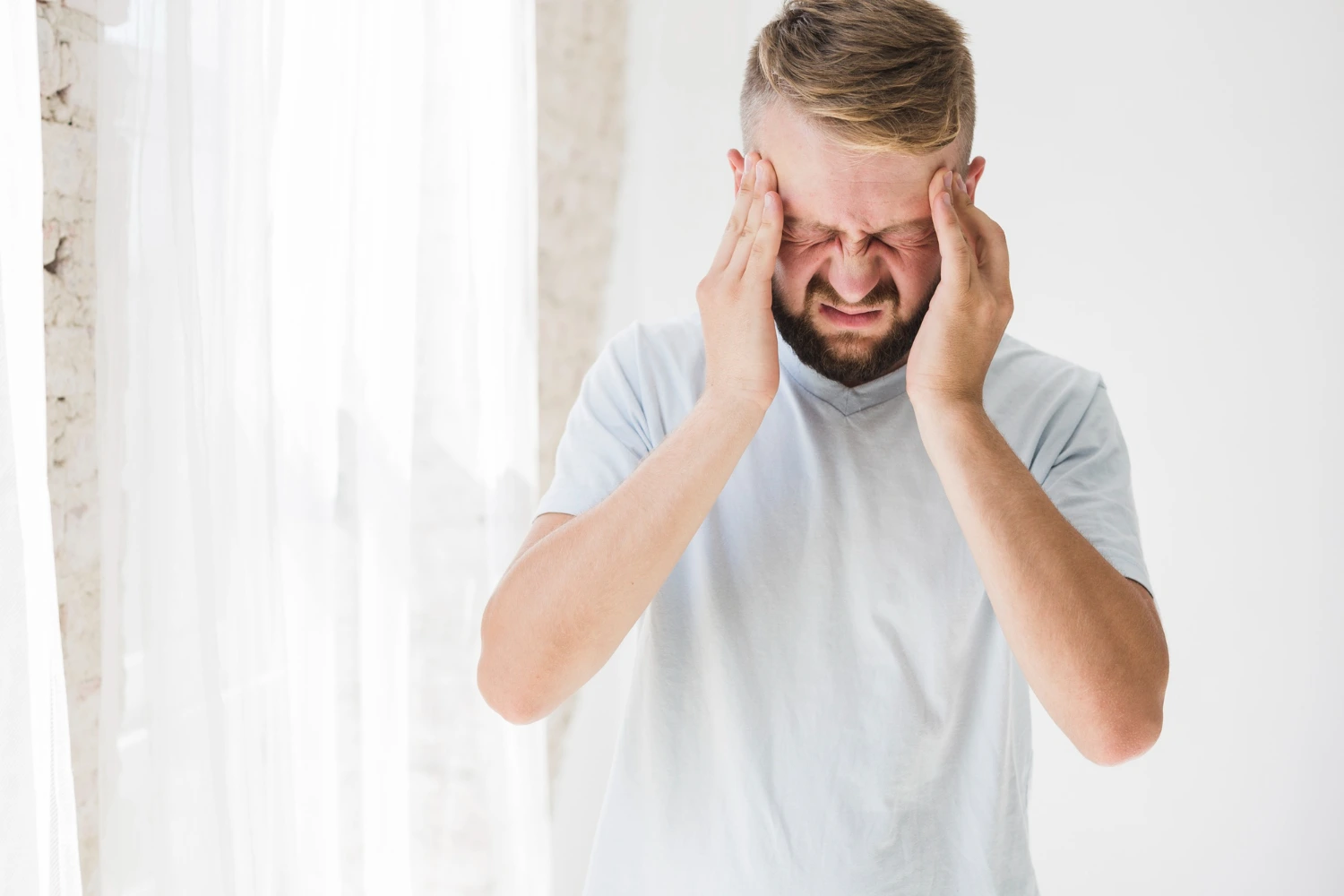Effective migraine treatment may require a combination of medication, lifestyle adjustments, and preventive care. Be it infrequent or chronic migraine episodes, having a better understanding of the possible treatments helps you take charge of your health and regain control of your life again.
In this article, we provide expert recommendations on the most effective and current migraine headache treatment options and provide actionable tips for migraine relief and migraine prevention.
Migraine Diagnosis and Tests
Diagnosing migraines involves a thorough evaluation of symptoms and medical history. Doctors often use criteria such as the frequency, duration, and intensity of headaches, along with associated symptoms like nausea, light sensitivity, or visual disturbances.
Migraines can often be confused with tension headaches or sinus headaches, making it crucial to identify specific symptoms. Imaging tests like MRIs or CT scans may be recommended to rule out other conditions.
How Do You Confirm a Migraine?
You can learn about migraine symptoms and compare them to your own symptoms and condition, but only a doctor can confirm the final diagnosis. Doctors diagnose migraines based on clinical symptoms, patient history, and specific criteria outlined in the International Classification of Headache Disorders (ICHD) [1].
Migraine Treatment
Migraine Medication
Medications can play a vital role in migraine treatment, offering both acute relief and long-term prevention. Depending on the severity and frequency of your migraines, your doctor may recommend a combination of treatments tailored to your needs.
Acute Migraine Treatments
Acute treatments are designed to stop migraine symptoms once they begin. These medications are most effective when taken at the first sign of an attack. Medications for acute migraine treatments include:
- Triptans: Sumatriptan and rizatriptan help relieve migraine pain by targeting serotonin receptors.
- NSAIDs: Ibuprofen and naproxen provide pain relief and reduce inflammation.
- Anti-nausea medications: Metoclopramide and prochlorperazine help manage nausea associated with migraines. [2]
Preventive Medications
For those who experience frequent or severe migraines, preventive medications can help reduce the frequency and intensity of attacks. Medications for migraine prevention include:
- Beta-blockers: Propranolol is commonly prescribed to reduce migraine frequency.
- Anticonvulsants: Topiramate and valproate help stabilize nerve activity. [3]
- Botox for migraines: Approved for chronic migraine treatment, Botox injections help reduce the number of migraine days per month. [4]
- Strongest Migraine Medicine: In severe cases where traditional treatments are ineffective, doctors may prescribe CGRP inhibitors, which block migraine-causing proteins. [2]
Moore MyoWorx Migraine Treatment
At Moore MyoWorx, we offer migraine sufferers lasting relief through our neuromuscular treatment approach that targets muscle tension and nervous system imbalances contributing to migraine pain. Our customized treatments incorporate our three-pronged approach of the TM20 device, targeted exercises, and hands-on neuromuscular therapy for migraine relief without excessive reliance on medication.
Home Remedies for Migraine
For those seeking instant migraine relief at home, these practical methods can help:
- Cold compress: Applying an ice pack to the forehead or neck can numb pain and reduce inflammation.
- Hydration: Dehydration is a common migraine trigger, so drinking water can help.
- Dark, quiet room: Sensory overload worsens migraines, making a dark, silent space ideal for recovery.
- Herbal teas, such as ginger or peppermint, may also provide comfort.
- A hot shower can relax tense muscles and improve circulation, sometimes easing migraine pain.
What is the Best Drink for a Migraine?
Water, herbal teas, or electrolyte drinks can help replenish lost fluids and reduce symptoms. Also, sometimes small amounts of coffee or tea can relieve migraine pain.
Alternative Migraine Treatment
Alternative therapies can complement traditional treatments and help reduce the frequency and severity of attacks.
- Acupuncture migraine therapy: Studies suggest acupuncture can reduce the frequency and intensity of migraines. [5]
- Botox for migraines: Helps prevent chronic migraines by relaxing muscles. [4]
- Vitamins for migraines: Magnesium, riboflavin (B2), and CoQ10 may help reduce migraine occurrences. [6]
- Herbal supplements: Feverfew and butterbur are natural migraine remedies used for centuries.
Where to Massage for Migraine?
Gentle migraine massage on pressure points like the temples, base of the skull, and between the eyebrows can ease tension, improve circulation, and promote migraine relief.
How to Cure Migraine Permanently?
While conventional treatment options do not offer a single migraine cure, long-term management strategies such as lifestyle modifications, medication, and alternative therapies can significantly reduce frequency and severity. However, at Moore MyoWorx, our treatments bring the neuromuscular and physiological systems of the body back into balance so as to provide permanent relief and freedom from migraines.
How to Sleep with a Migraine?
Migraines often disrupt sleep, but maintaining a cool, dark environment and using relaxation techniques can help. Some people sleep off a migraine within 2-4 hours, while others need a full night’s rest.
How to Stop a Migraine When You Feel It Coming On?
At the first sign of a migraine you have the option to take medication as prescribed, rest in a quiet, dark place, and use a hot or cold compress. At Moore MyoWorx, we provide our patients with the tools to take control of symptoms at their initial onset to prevent a migraine from developing.
How Can I Speed Up the Recovery of a Migraine?
Rest, hydration, gentle stretching, and avoiding screens or bright light can help shorten migraine recovery time. The proprietary exercises at Moore MyoWorx not only help prevent migraines from developing, but can also effectively reduce migraine recovery time.
Prepare to Visit a Doctor
When seeking migraine treatment, preparation is key to ensuring your doctor can provide the most effective care. Before your appointment, keep a migraine diary to track any specific symptoms, the frequency and duration of attacks, medications you’ve tried, and possible triggers, including foods, stress levels, hydration and sleep patterns. It is also important to record information about any family history of migraines or other neurological disorders. This information will help your doctor tailor your migraine treatment plan.
Questions to Ask Your Doctor:
- What type of migraine do I have?
- How to get rid of migraine faster during an attack?
- What are my best treatment options?
- Are alternative treatments like Botox for migraines or acupuncture worth trying?
- Are there specific vitamins for migraines that can help reduce attacks?
- What steps should I take for better migraine prevention?
- What migraine medication options are available, and which do you recommend for my case?
- Can lifestyle changes or home remedies for migraines help me?
- What are the risks or side effects associated with the recommended treatments?
- Are there any clinical trials or new treatments I should know about?
Taking Control of Your Migraine Treatment
Effective migraine treatment requires a proactive approach. By combining medical treatments, lifestyle changes, and alternative therapies, you can achieve lasting relief.
Don’t let migraines control your life. If migraines interfere with your daily life, consult a healthcare professional to develop a personalized migraine treatment plan that works for you. Get information about specialized migraine treatment options at Moore MyoWorx Clinic and consult with a migraine specialist for a personalized approach.
References
- The International Classification of Headache Disorders (ICHD) – The International Classification of Headache Disorders
- National Library of Medicine: “Migraine Medications” – StatPearls – NCBI Bookshelf
- National Library of Medicine: “Migraine Prophylaxis” – StatPearls – NCBI Bookshelf
- National Library of Medicine: “Botulinum toxin in the management of chronic migraine: clinical evidence and experience” – PMC
- National Library of Medicine: “Acupuncture and Its Role in the Treatment of Migraine Headaches” – PMC
- Migraine Again: “Riboflavin or Vitamin B2 for Migraine Prevention”




